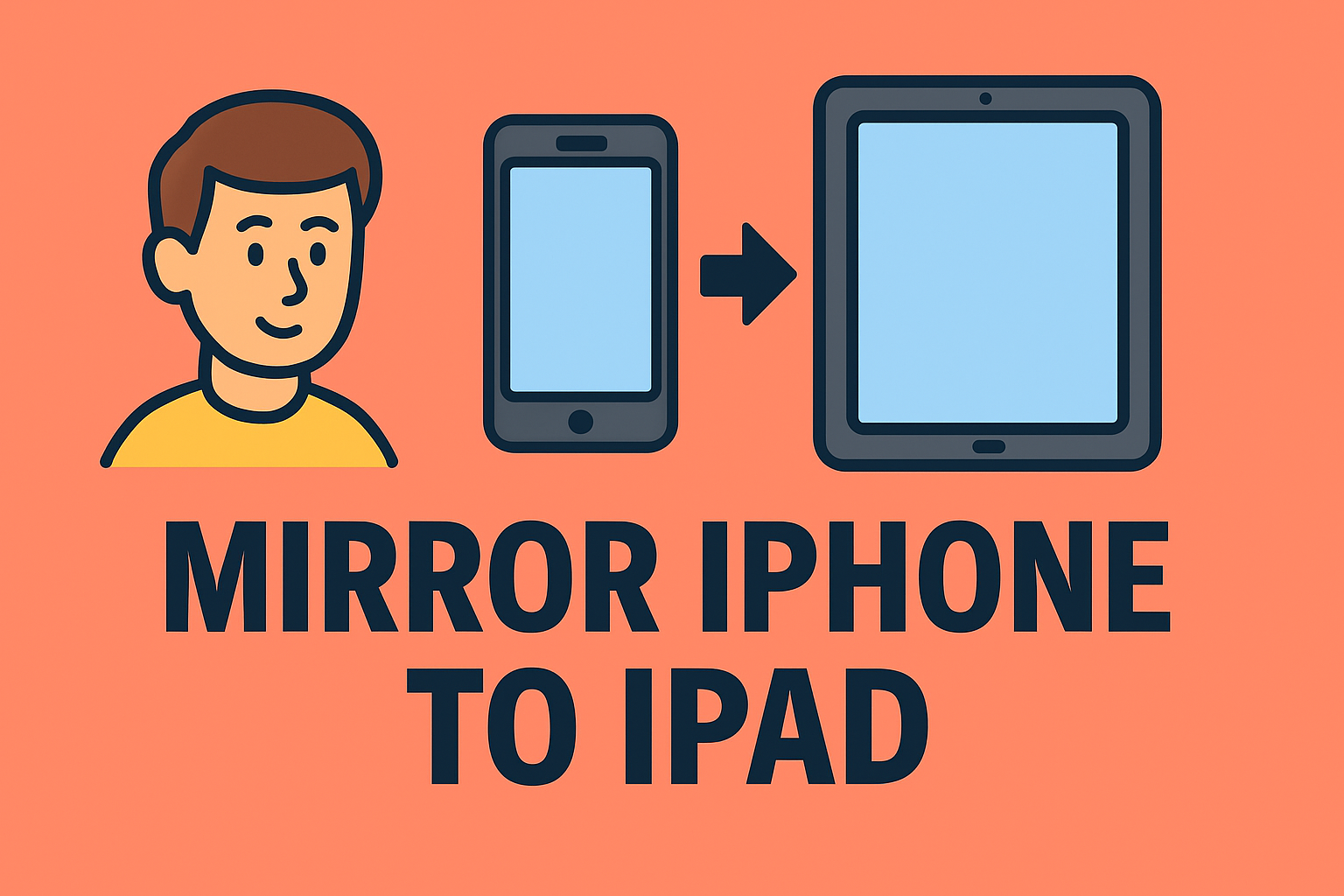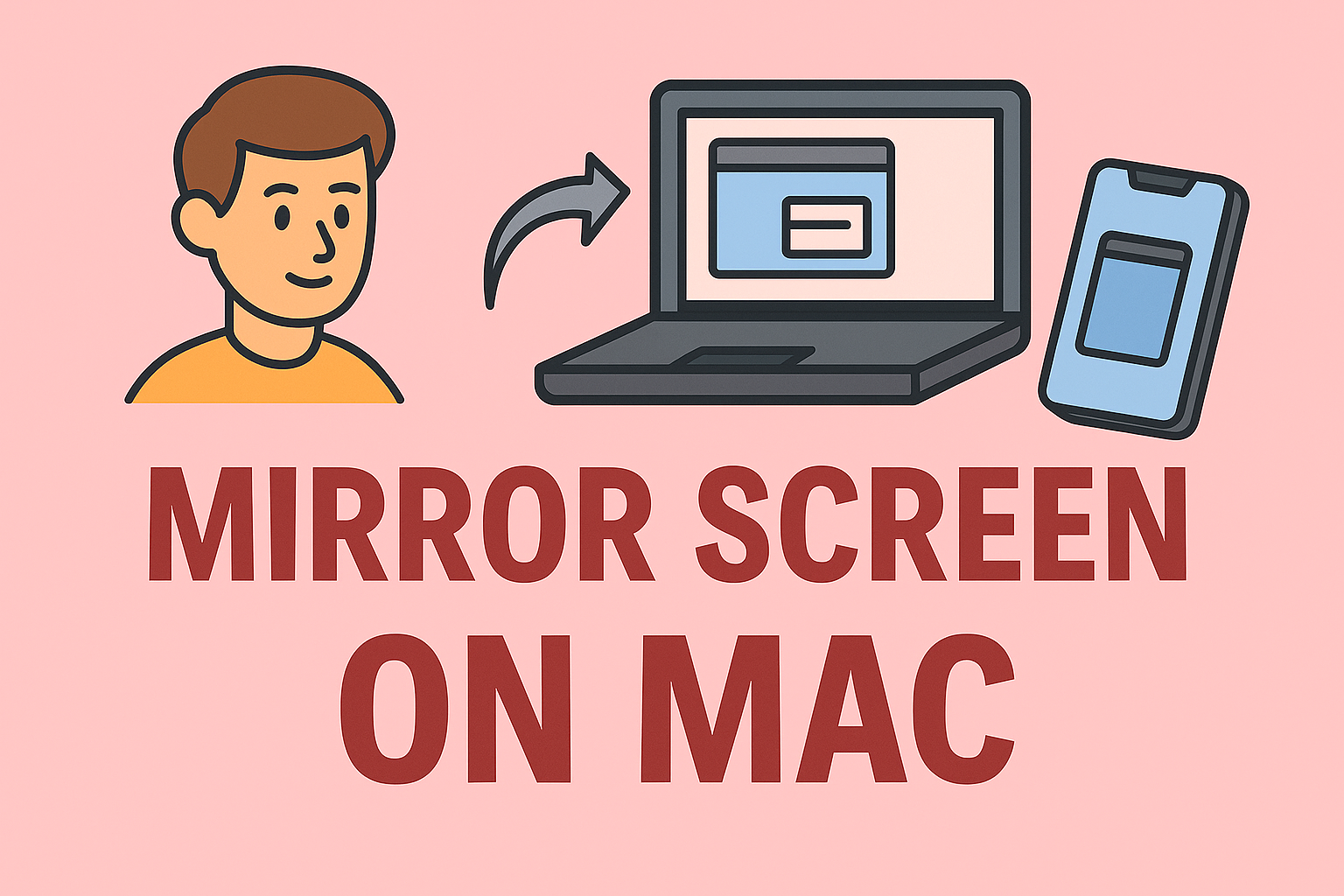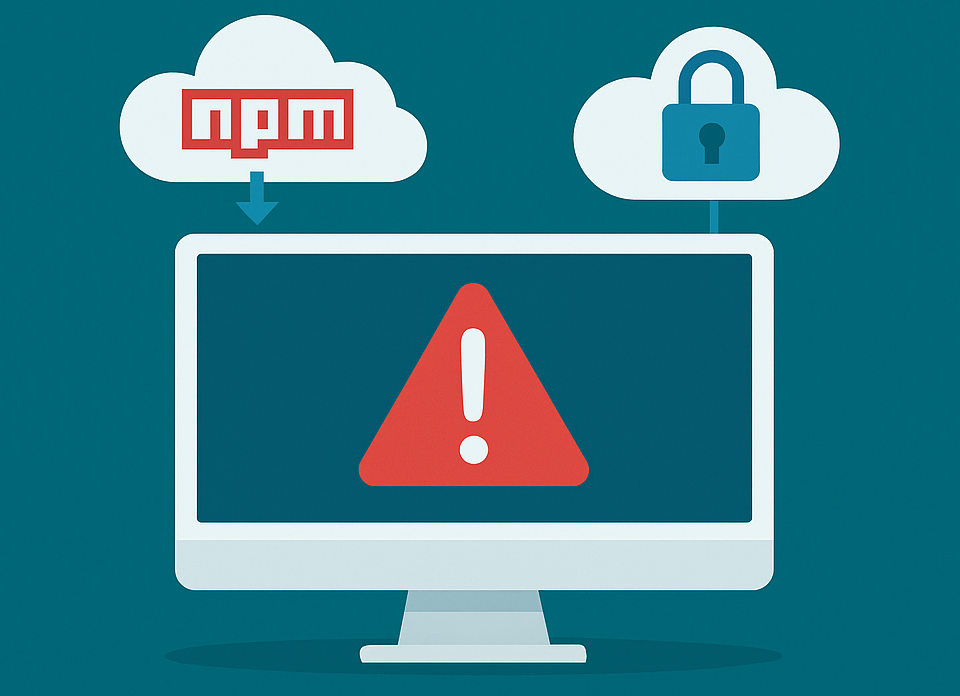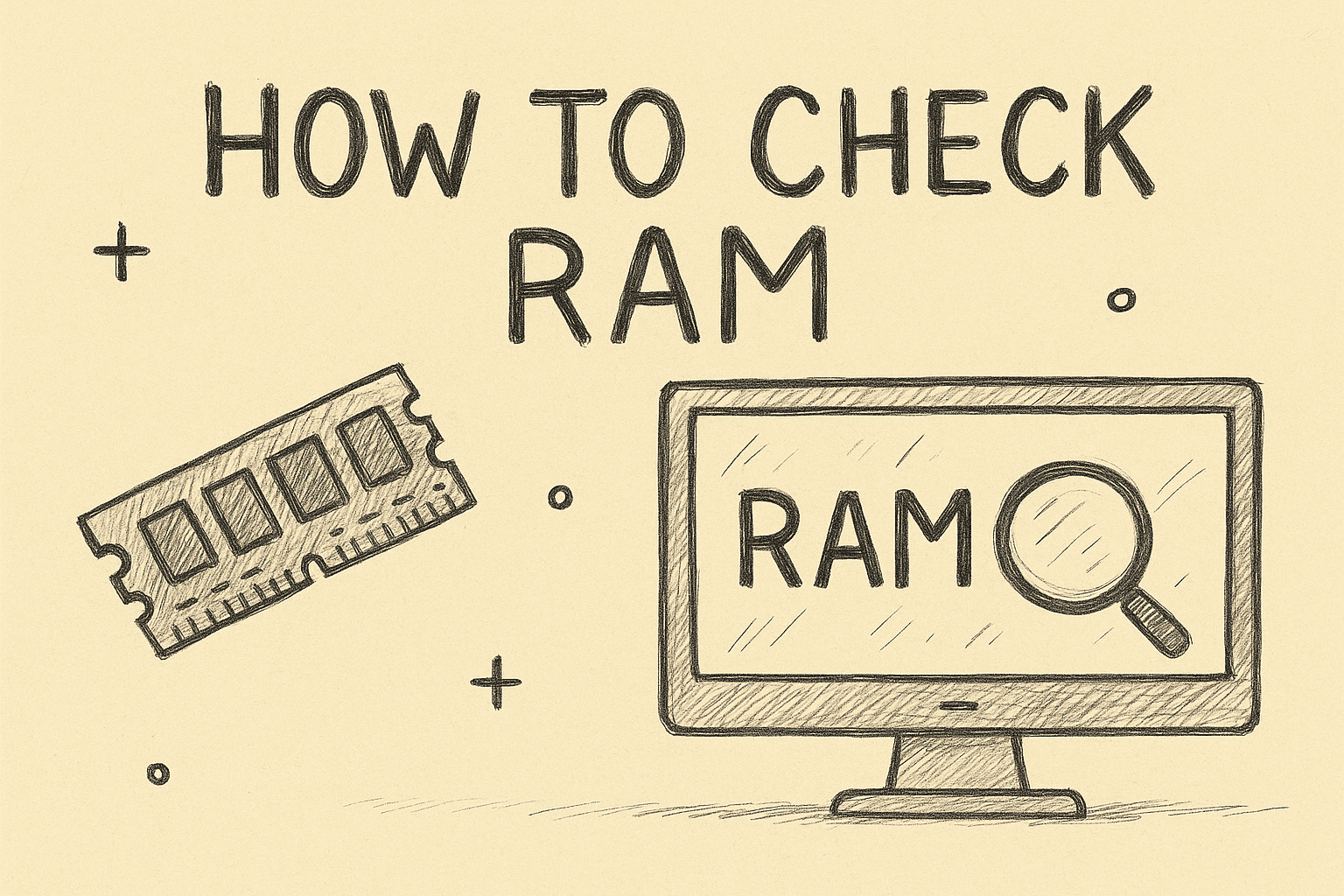The Critical Role Firewalls Play in Modern Cybersecurity
Updated on June 23, 2025, by ITarian
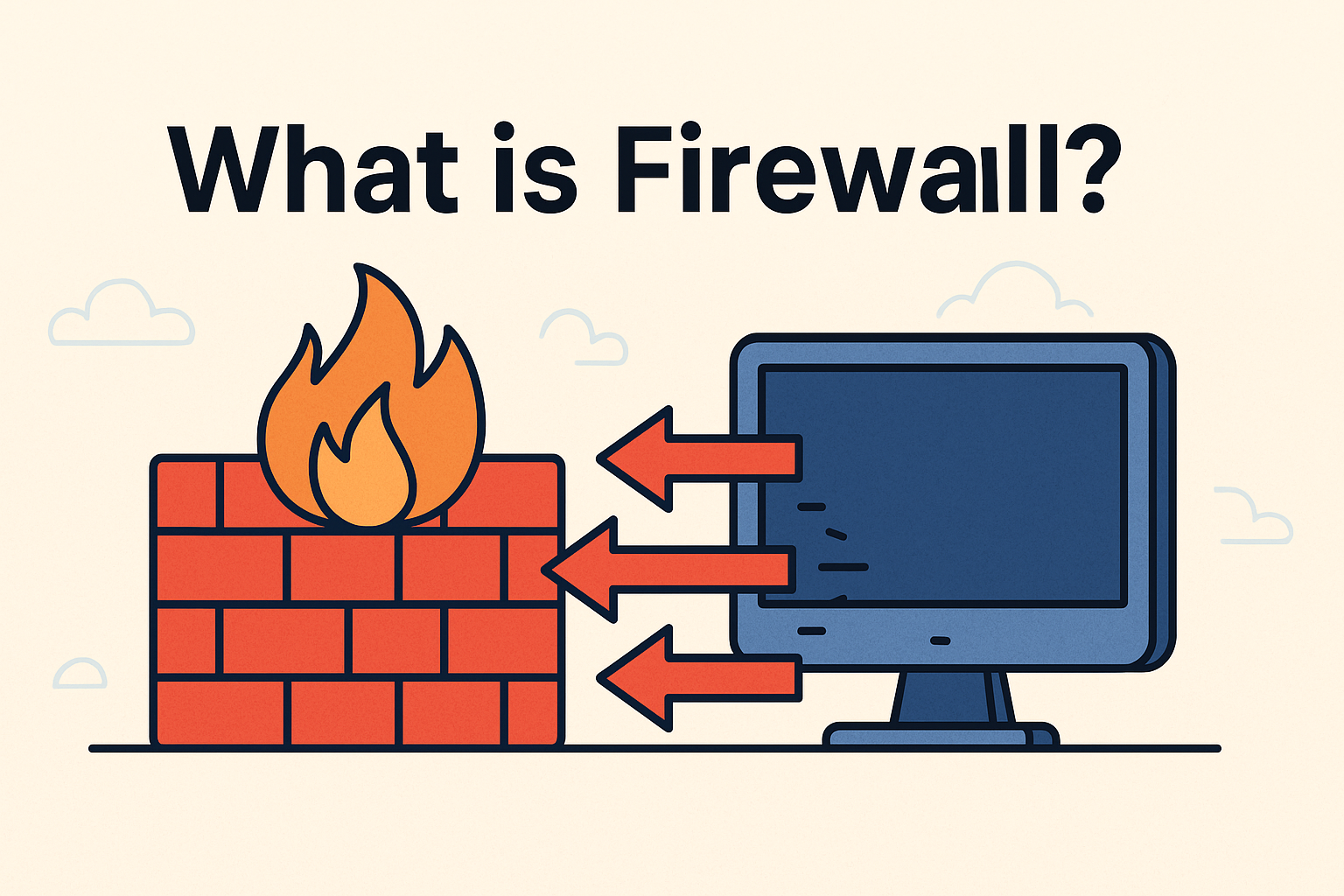
Every 39 seconds, a cyberattack occurs on the internet. So, if you’re an IT manager, cybersecurity expert, or business decision-maker, understanding what is firewall isn’t optional—it’s essential.
Firewalls are foundational to network security and intrusion prevention strategies. Whether you’re securing enterprise infrastructure, SaaS platforms, or remote endpoints, firewalls are the digital gatekeepers between your trusted systems and potential threats.
This guide breaks down the types, functions, and modern uses of firewalls in a way that’s easy to digest, yet actionable for real-world applications.
What Is Firewall?
A firewall is a security device or software that monitors, filters, and controls incoming and outgoing network traffic based on predefined security rules.
Think of it as a digital bouncer—deciding who gets in, who stays out, and what activity is allowed within your network.
🔐 Firewalls sit at the intersection of cybersecurity and network architecture, acting as a first line of defense.
How Firewalls Work: The Basics
Firewalls analyze network packets—small units of data transmitted over networks—and decide whether to allow or block them based on:
- IP addresses
- Domain names
- Protocols
- Ports
- Content patterns
Common Techniques Include:
- Packet Filtering
- Proxying and Network Address Translation (NAT)
- Deep Packet Inspection (DPI)
- Stateful Inspection (tracks active connections)
Types of Firewalls Explained
Understanding the different types of firewalls can help you select the right one for your organizational needs:
1. Hardware Firewalls
- Physical appliances installed at network gateways
- Best for enterprises needing perimeter protection
2. Software Firewalls
- Installed on individual endpoints (e.g., Windows Defender Firewall)
- Controls traffic on specific devices
3. Cloud-Based Firewalls (FWaaS)
- Delivered as a service through the cloud
- Ideal for hybrid and remote-first environments
4. Next-Generation Firewalls (NGFWs)
- Combine traditional filtering with advanced features like:
- Application awareness
- Encrypted traffic inspection
- Intrusion prevention systems (IPS)
Why Firewalls Are Essential to Network Security
A firewall is not just a gate—it’s a smart security checkpoint. Here’s what it protects you from:
- Unauthorized access
- DDoS attacks
- Malware and ransomware
- Data exfiltration
- Insider threats
Real-World Impact:
According to IBM’s 2024 report, companies using firewall-integrated intrusion prevention systems reduced breach impact by 29%.
Firewalls in Cybersecurity Architecture
Firewalls don’t operate in isolation—they’re part of a multi-layered defense strategy.
They Integrate With:
- Endpoint Detection & Response (EDR)
- SIEM platforms
- Zero Trust Architectures
- VPNs and Secure Access Service Edge (SASE) frameworks
✅ Best Practice: Use both network-level and endpoint-level firewalls to enforce defense in depth.
Common Firewall Features in Modern IT Environments
When evaluating firewall solutions, look for features such as:
- ✅ Intrusion Prevention Systems (IPS)
- ✅ SSL/TLS inspection
- ✅ DNS filtering
- ✅ App-level controls (Layer 7 firewalling)
- ✅ Auto-threat intelligence updates
- ✅ Log retention & SIEM integration
How to Choose the Right Firewall for Your Organization
Key Questions to Ask:
- What’s your organization size and network complexity?
- Are you cloud-native, on-premises, or hybrid?
- Do you need compliance features (HIPAA, PCI-DSS)?
- Will you manage it in-house or outsource via MSSP?
Frequently Asked Questions (FAQ)
1. What is a firewall used for in cybersecurity?
It’s used to monitor and control traffic to prevent unauthorized access, malware, and data breaches.
2. Do I need both a hardware and software firewall?
Yes. Hardware firewalls protect your perimeter; software firewalls secure individual endpoints.
3. Can firewalls block phishing attacks?
Not directly, but firewalls can block access to known malicious domains and IPs associated with phishing.
4. What is the difference between a firewall and antivirus?
A firewall controls network access; antivirus scans for malware on devices. They complement each other.
5. Are firewalls still relevant with cloud computing?
Absolutely. Cloud-based firewalls (FWaaS) are now critical for protecting virtual environments and SaaS infrastructures.
Final Thoughts: Firewalls Are Foundational, Not Optional
Still wondering what is firewall and whether it applies to your business? The answer is yes—for everyone.
From small startups to global enterprises, firewalls remain one of the most effective, cost-efficient tools in any cybersecurity strategy. Whether you’re safeguarding customer data, financial systems, or IP, firewalls offer unmatched visibility and control.
👉 Secure your entire network with firewall-integrated solutions using Itarian—get started free today.



